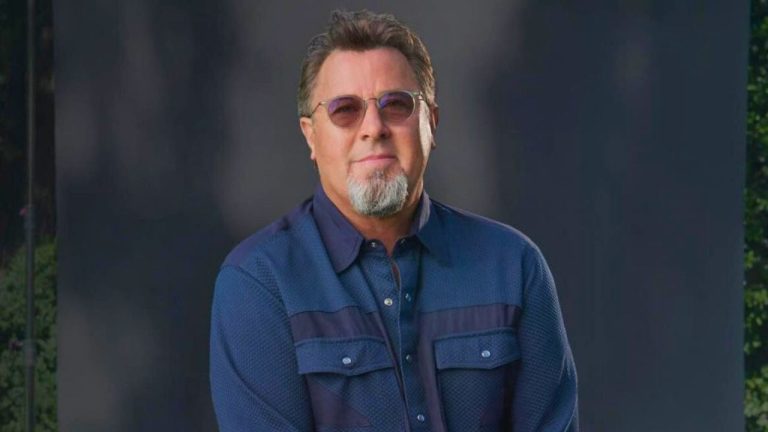The Untold Story of Steven Spielberg’s Journey to Greatness

Steven Spielberg: The Visionary Who Transformed Modern Cinema
Steven Allan Spielberg, born on December 18, 1946, in Cincinnati, Ohio, is one of the most influential filmmakers in cinematic history. With a career spanning over five decades, Spielberg redefined popular filmmaking, blending groundbreaking visual effects, powerful storytelling, and emotionally resonant themes to create an unparalleled legacy.
Early Life and Passion for Storytelling
Steven Spielberg grew up in a Jewish household with parents Leah, a concert pianist, and Arnold, a pioneering electrical engineer. Moving between New Jersey, Arizona, and California during his youth, Steven Spielberg found solace in filmmaking, often crafting short films with a borrowed 8mm camera.
His early works, like Escape to Nowhere (1961), reflected his fascination with historical narratives, often featuring his siblings as actors. These amateur films laid the foundation for his future mastery of storytelling.
The Journey to Hollywood
Steven Spielberg’s big break came after he directed the television movie Duel (1971), a tense thriller that earned critical acclaim. His first theatrical release, The Sugarland Express (1974), showcased his flair for blending drama with suspense.
However, it was Jaws (1975) that cemented Steven Spielberg’s status as a game-changer. The terrifying tale of a man-eating shark became the first summer blockbuster, grossing over $470 million globally and redefining Hollywood’s approach to marketing and release strategies.
Cinematic Milestones
Steven Spielberg’s filmography is a treasure trove of cultural milestones:
- Close Encounters of the Third Kind (1977): A deeply personal take on extraterrestrial life.
- Indiana Jones Franchise (1981–2008): The adventures of Indiana Jones, played by Harrison Ford, blended action with Spielberg’s love for history.
- E.T. the Extra-Terrestrial (1982): A touching tale of friendship that became a global phenomenon.
- Schindler’s List (1993): A poignant Holocaust drama that won Spielberg two Oscars and established him as a socially conscious filmmaker.
His works consistently push the boundaries of visual effects, storytelling, and audience engagement.
The Legacy of DreamWorks and Producing Hits
In 1994, Steven Spielberg co-founded DreamWorks, a studio that produced hits like Shrek (2001) and Saving Private Ryan (1998). As a producer, he contributed to culturally significant films like The Goonies (1985), Back to the Future (1985), and Who Framed Roger Rabbit (1988).
Steven Spielberg’s influence extended into animation and television, with shows like Animaniacs (1993) and Band of Brothers (2001).
Philanthropy and Personal Commitments
Beyond filmmaking, Steven Spielberg is a dedicated philanthropist. He founded the USC Shoah Foundation to preserve the testimonies of Holocaust survivors and promote tolerance.
In his personal life, Spielberg is married to actress Kate Capshaw, and together they have a blended family of seven children. His ability to balance professional success with personal fulfillment is a testament to his enduring values.
Impact on Modern Cinema
Steven Spielberg’s innovations in visual storytelling, such as his use of practical effects in Jurassic Park (1993), and his ability to evoke deep emotional responses have set benchmarks for filmmakers worldwide.
His work continues to inspire a generation of storytellers, proving that films can be both entertaining and deeply impactful.
Follow us on Instagram and X (Formerly Twitter)
For the latest posts visit The Celebrity Gossips






